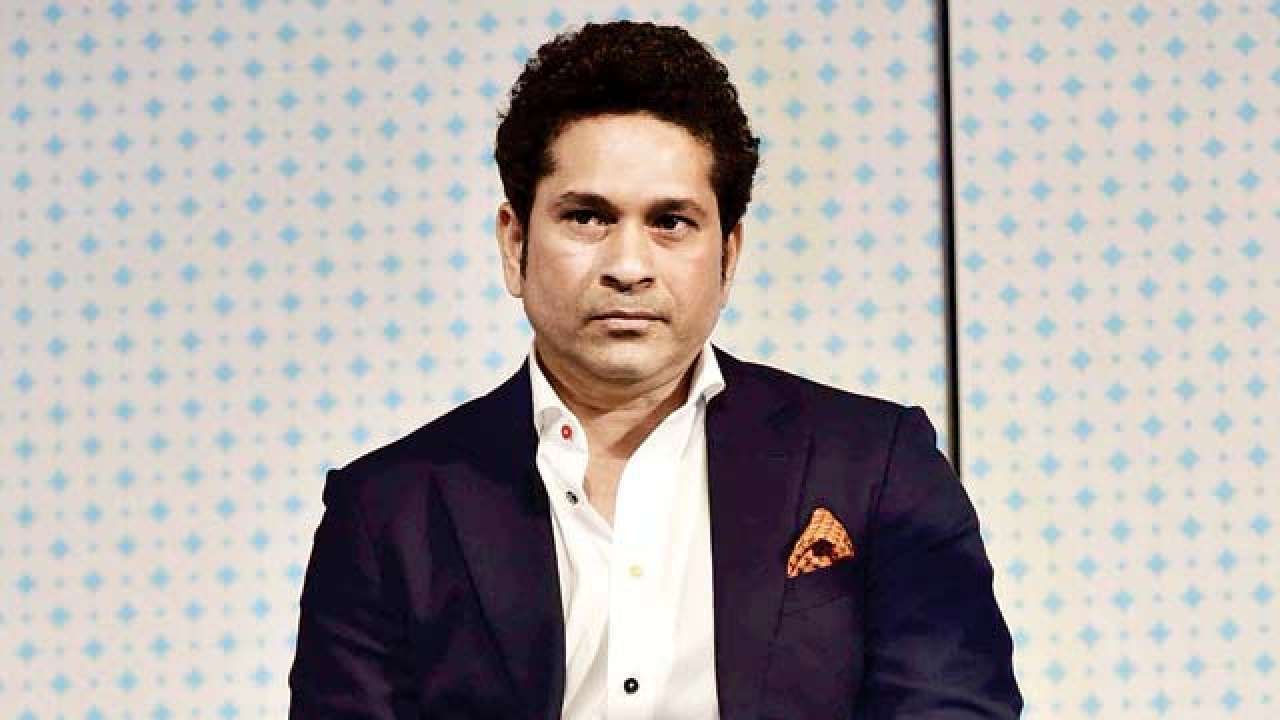DNA Edit: Sporting blues - India’s iconic cricketers answer tough questions
Tendulkar denied allegations of conflict of interest levelled against him, claiming to have received no compensation nor a decision-making role in the IPL franchise Mumbai Indians.

Sachin Tendulkar Sachin Tendulkar
Sachin Tendulkar is not an ordinary cricketer. He is virtually, cricket God. Since his retirement from ODIs in 2012 and Tests in 2013, he has donned many hats. From a parliamentarian to a senior sportsman who encourages and inspires colleagues in other sporting disciplines, Tendulkar’s word is taken seriously by all — politicians, sports administrators, experts and the laity, in equal measure. So when a petty sports administrator from Madhya Pradesh levels charges against him that would befit a politician, it does no credit to a man who all of India looks up to as an inspiration.
This week, Tendulkar denied allegations of conflict of interest levelled against him, claiming to have received no compensation nor a decision-making role in the IPL franchise Mumbai Indians. He was reacting to a notice sent by ombudsman-cum-ethics officer on a complaint filed by a Madhya Pradesh Cricket Association member who alleged that Tendulkar, along with VVS Laxman, was performing dual roles of “support staff” in their respective IPL franchisees MI and Sunrisers Hyderabad, even while serving as members of the Cricket Advisory Committees. Tendulkar, in his reply, has been at pains to deny that he had received any pecuniary benefits or compensation from the Mumbai Indians in his capacity as its ‘Icon’ since he quit cricket, apart from not being employed with the franchise in any capacity.
Tendulkar’s reply should put any uncomfortable queries to rest because he is looked upon by millions of youngsters in the country as a man who can do no wrong. Part of his sporting excellence is encapsulated in his character as a man committed to his craft minus the petty evils that dominate Indian society in general and the world of cricket fixers in particular. This, in fact, seems like an unhappy week for star Indian cricketers. India’s most successful captain ever, Mahendra Singh Dhoni, has moved the Supreme Court seeking protection of his ownership rights on a 5,500-sq ft penthouse he booked 10 years ago in a project of the embattled Amrapali Group. Dhoni filed an application in the court through his lawyer after receiving a notice from the apex court-appointed forensic auditors seeking clarification on certain aspects of the purchase. Dhoni said the apex court had on December 5 last year directed the forensic auditors to issue individual notices to home buyers who booked the flats for a paltry sum.
The former India captain said his authorised representative has given a detailed reply to the notice sent by the forensic auditors. Dhoni said he has paid Rs 20 lakh for the property, but only some work for the penthouse has been done and he has not yet been given possession. It is important to remember that in a poor country like India, cricketers are put on the highest possible pedestal. They are seen as islands of excellence in a sea of mediocrity, and apart from being iconic sportspersons, cricketers are also people who hundreds of millions admire as heroes of society. It is important they live up to that image. India desperately needs heroes and they fill that role adequately.